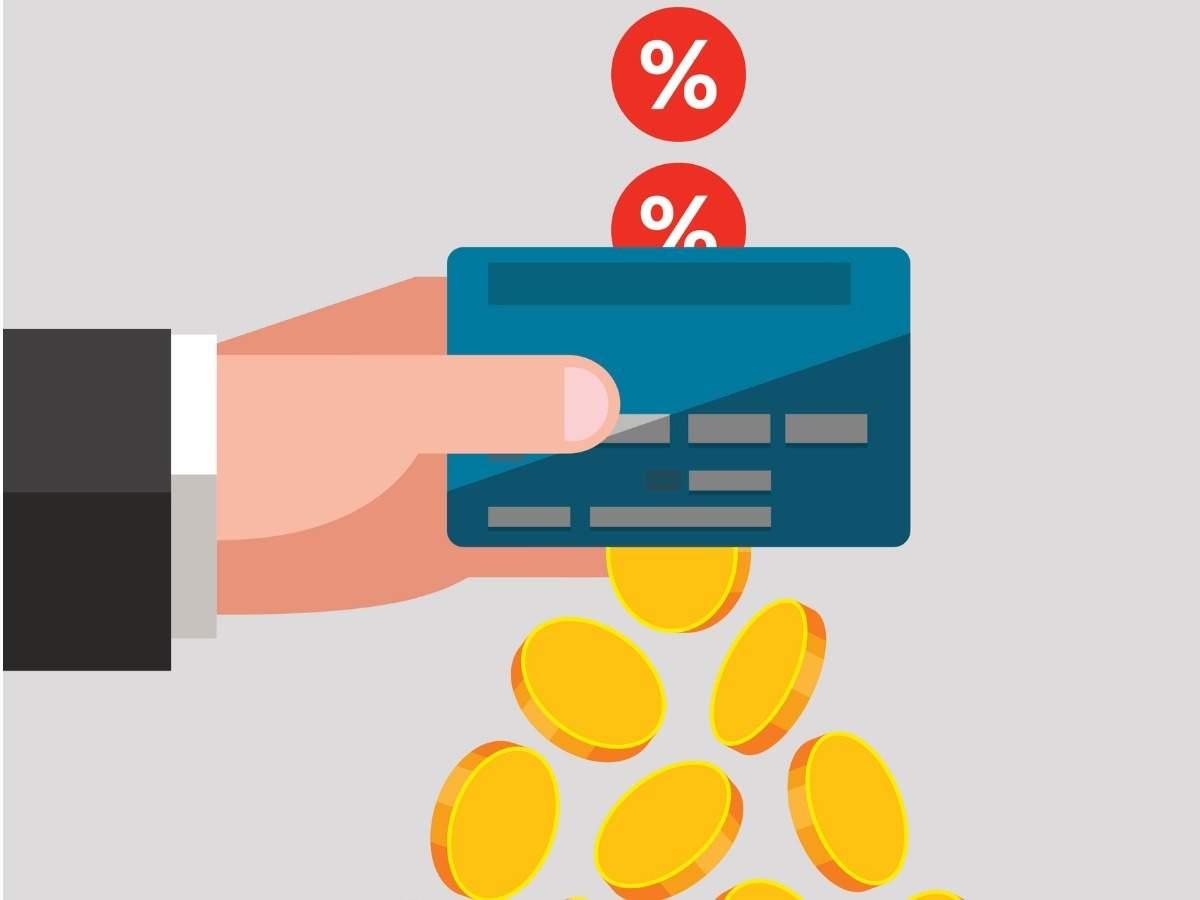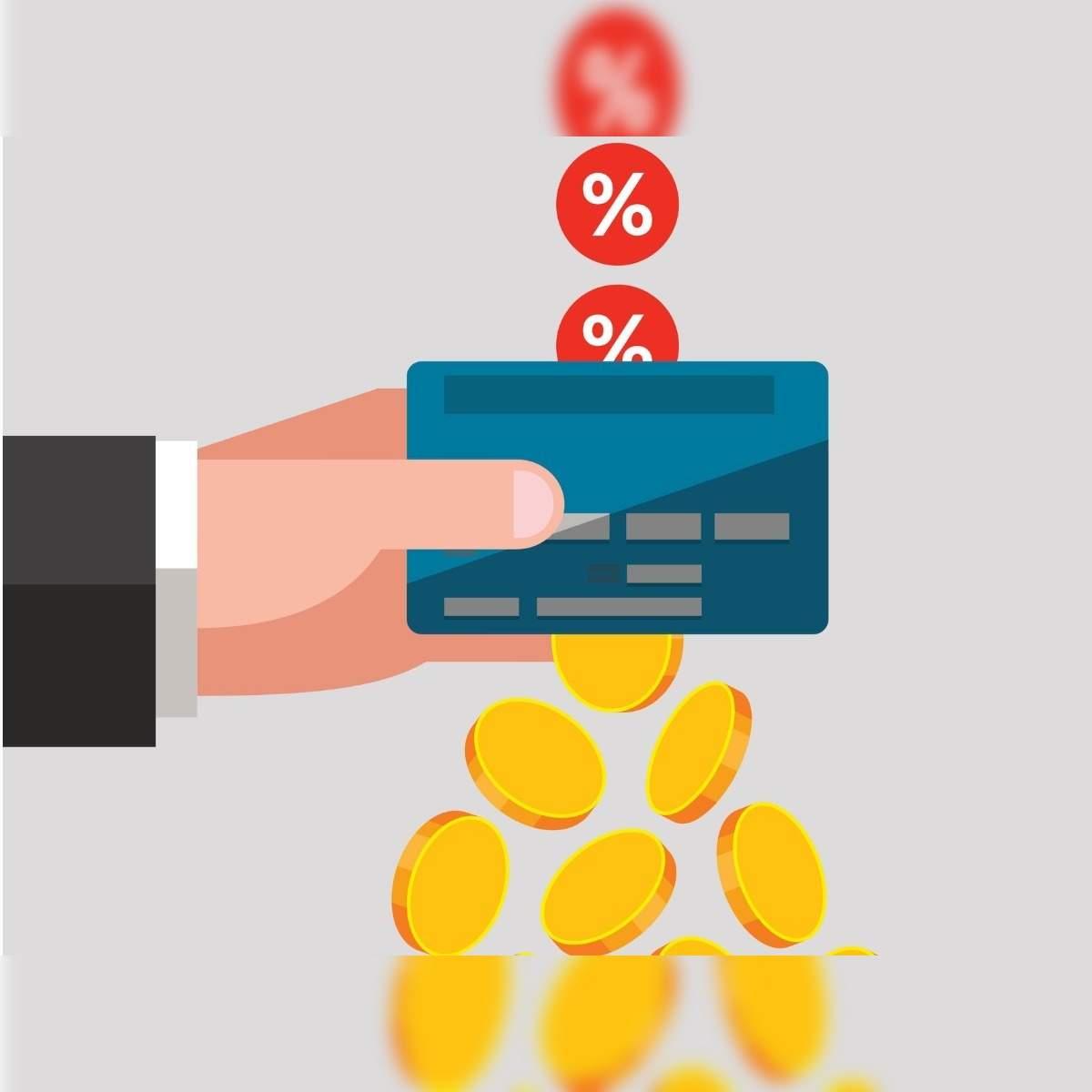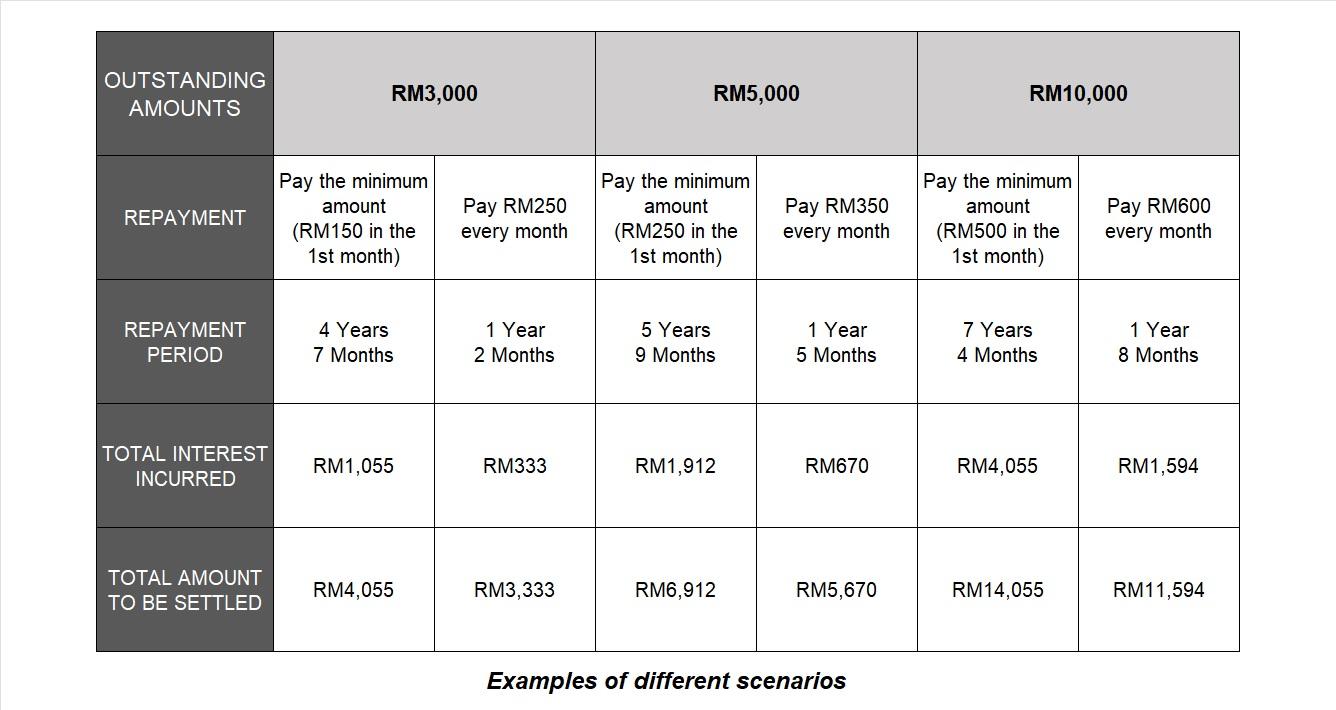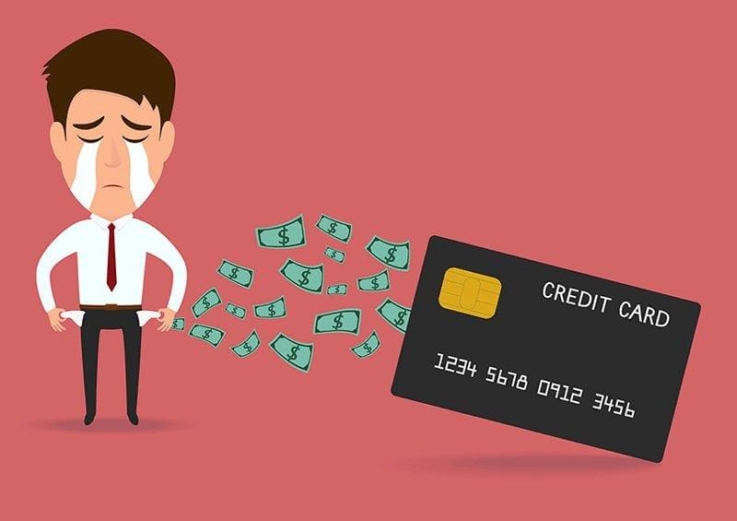Understanding the New Credit Card Policies and Their Implications
The recent overhaul of credit card policies introduces a range of changes designed to benefit consumers significantly. Under these new regulations, many card issuers are now required to provide clearer information about interest rates, fees, and payment schedules, ensuring that cardholders can make informed decisions. This shift not only enhances transparency but also reduces the chances of unexpected debt accumulation. Factors to consider include:
- Extended Grace Periods: Many credit cards now offer longer grace periods for payments, allowing consumers enough time to pay off their balances without incurring interest.
- Minimum Payments Redefined: The guidelines require issuers to better disclose how minimum payments impact overall debt, aiming to prevent prolonged repayment timelines.
- Interest Rate Caps: Some providers have introduced caps on interest rates, reducing the financial burden on consumers who may occasionally miss payments.
Moreover, consumers can expect enhanced rewards and loyalty programs as credit card companies compete for market share in this evolving landscape. Issuers are incentivized to attract responsible borrowers by offering perks such as cash back, travel rewards, and reduced fees for timely payments. The implications of these developments encourage a more conscientious approach to credit usage, where understanding terms and conditions becomes crucial. Key benefits emerging from these new policies include:
- Improved Financial Literacy: As cardholders gain access to better educational resources, they can navigate their credit responsibly.
- Increased Competition: The market is likely to see more innovative offerings as companies strive to retain customers.
- Consumer Protection: Enhanced regulations mean that borrowers can expect fairer treatment and recourse in case of disputes.

Strategies for Maximizing Interest-Free Periods in the Coming Year
As we step into a new year, savvy consumers can turn the interest-free period of their credit cards into a powerful financial tool. To optimize these periods, it’s essential to understand the terms of your credit card. Start by reviewing the fine print to note when your interest-free phase begins and ends, as many cards offer varying lengths of grace periods. Schedule your purchases to align with these windows, allowing you to pay off larger expenses without incurring interest charges. Additionally, consider making smaller, frequent payments to keep your balance manageable and reduce the risk of exceeding your credit limit.
Another effective strategy is to leverage promotional offers. Many credit cards provide enticing introductory deals that include extended zero-interest plans. Keep an eye out for cards that offer significant reward points or cashback on certain categories, which can enhance your spending power during interest-free periods. To maximize benefits, create a budget that accommodates both essential and discretionary spending without turning to high-interest options. Consistently monitoring your spending habits will also help maintain financial discipline and ensure that you make the most of the opportunities available in the coming year.

Navigating Credit Card Offers: What to Look for in 2024
In 2024, as credit card offers flood the market, consumers must be discerning to make the best choices for their financial health. One essential factor to consider is the annual percentage rate (APR), particularly for any purchases that may not be paid off immediately. Look for cards that offer 0% introductory APR periods, as these can provide significant savings during the first year, allowing you to focus on paying down your principal without the burden of accruing interest. Additionally, evaluate any annual fees associated with the card; a higher fee may not be justified if the rewards do not align with your spending habits.
Another vital aspect is the rewards structure and how it complements your lifestyle. Many cards now offer cashback, travel points, or various rewards tailored to specific spending categories such as groceries, dining, or gas. When assessing these offers, ask yourself which categories you spend the most in and if the card’s rewards align accordingly. Furthermore, be mindful of the redemption options available; some cards may offer more straightforward, flexible options that can enhance their overall value. consider any additional perks such as purchase protection or extended warranties, which can contribute to the card’s overall utility and save you money down the line.

Building a Sustainable Financial Future Without Interest Payments
As we step into 2024, the financial landscape is transforming, offering innovative alternatives for consumers looking to escape the burdens of high-interest credit card debt. With the rise of interest-free payment plans and no-interest credit options flooding the market, individuals can now adopt more sustainable financial practices. Here are some alternatives gaining traction:
- Buy Now, Pay Later (BNPL) services: These platforms allow consumers to make purchases and pay them off in instalments without incurring interest, provided payments are made on time.
- Zero-interest credit cards: While these typically come with promotional periods, savvy consumers can leverage them tactically to manage their expenses without accruing interest.
- Personal loans with fixed terms: Many lenders now offer personal loans at competitive rates with no interest, helping users consolidate existing debt while maintaining predictable payments.
Moreover, financial literacy remains paramount in the pursuit of an interest-free future. Consumers are encouraged to explore budgeting tools and educational resources that demystify money management. By understanding how to allocate funds wisely, avoid relying on credit, and capitalize on opportunities to save, individuals can build a resilient financial foundation. Key tips to consider include:
- Create a solid budget: Track income and expenses to identify areas for savings and avoid unnecessary debt.
- Emergency fund: Build a safety net that covers at least three to six months’ worth of expenses to eliminate the need for credit in emergencies.
- Alternative payment strategies: Explore payment apps and platforms that prioritize transparency and offer incentives for timely payments, effectively steering clear of interest traps.
As we navigate the complexities of personal finance in an ever-changing economic landscape, the official announcement of measures allowing consumers to avoid credit card interest through 2024 comes as a significant relief for many. This timely development empowers individuals to manage their debt more effectively and enhances their financial stability. By taking advantage of these options, consumers can reduce the burden of accrued interest and focus on building a stronger financial future.
However, it remains crucial to stay informed about the terms and conditions associated with these programs. Credit card users are encouraged to evaluate their spending habits, monitor their accounts diligently, and understand the impact of their financial choices. With careful planning and discipline, this unprecedented opportunity can serve as a stepping stone toward greater fiscal health.
as 2024 approaches, the landscape of credit card interest may be shifting in favor of consumers, offering a chance to navigate financial challenges with greater ease. By leveraging these developments, cardholders can take proactive steps to enhance their financial well-being and mitigate the risks associated with high-interest debt.





